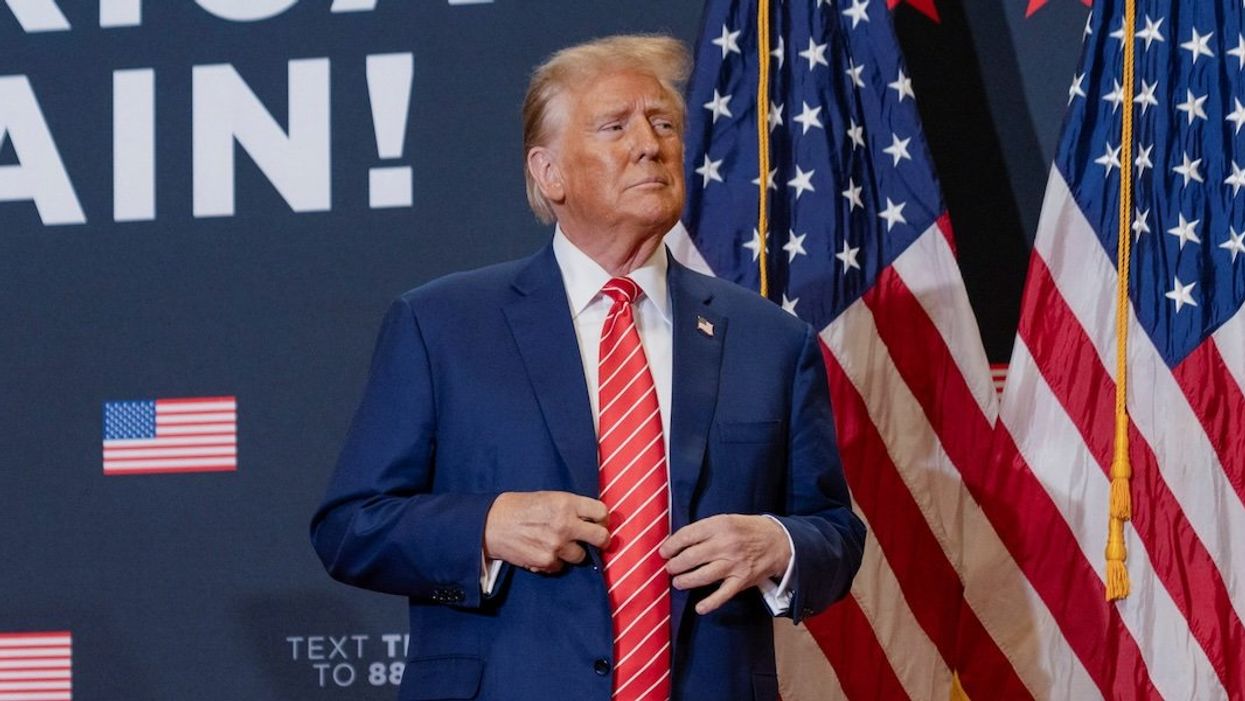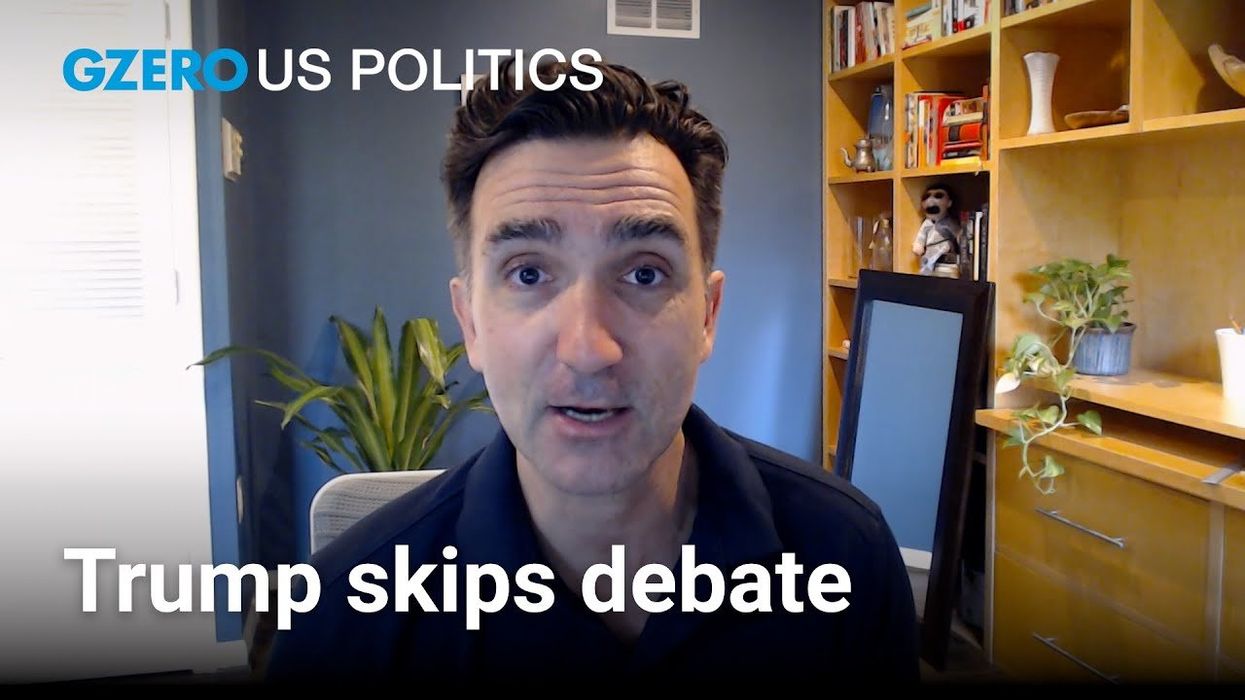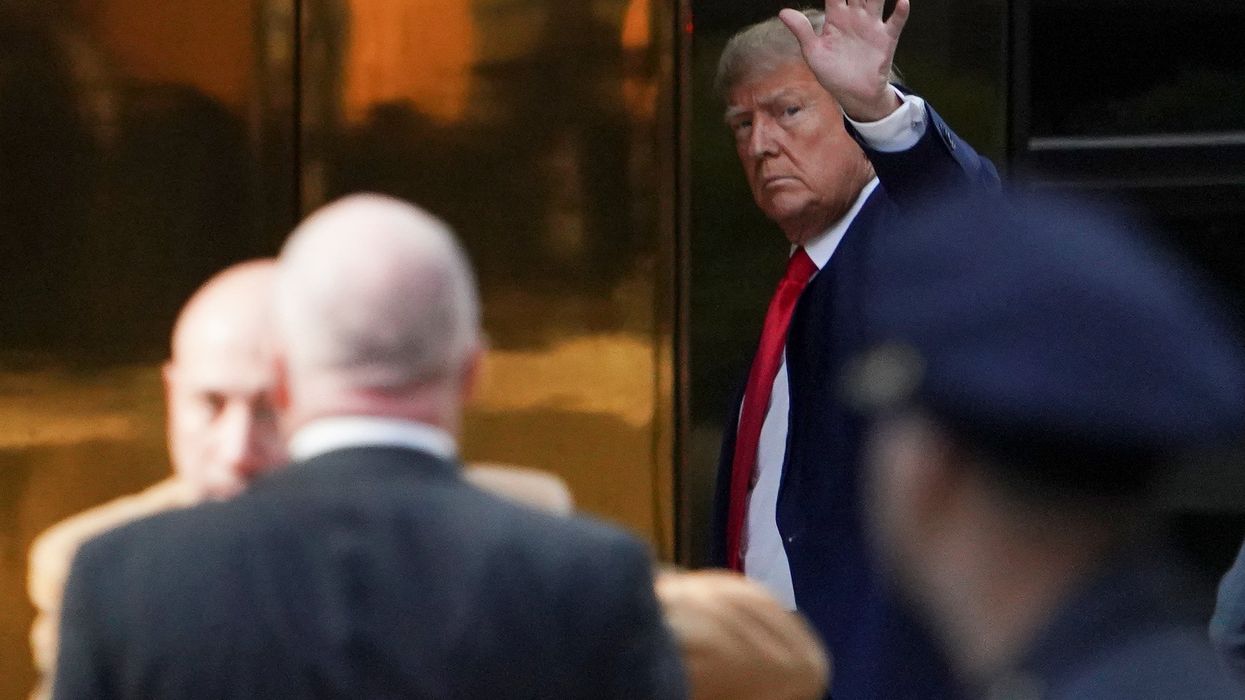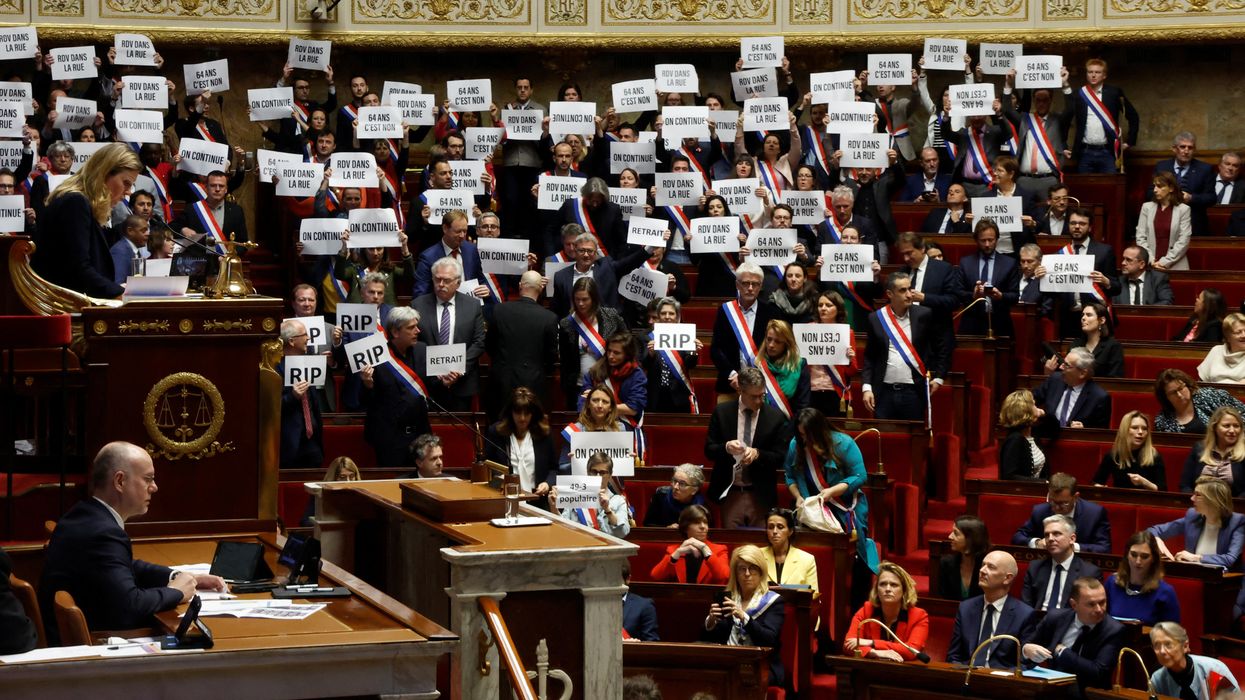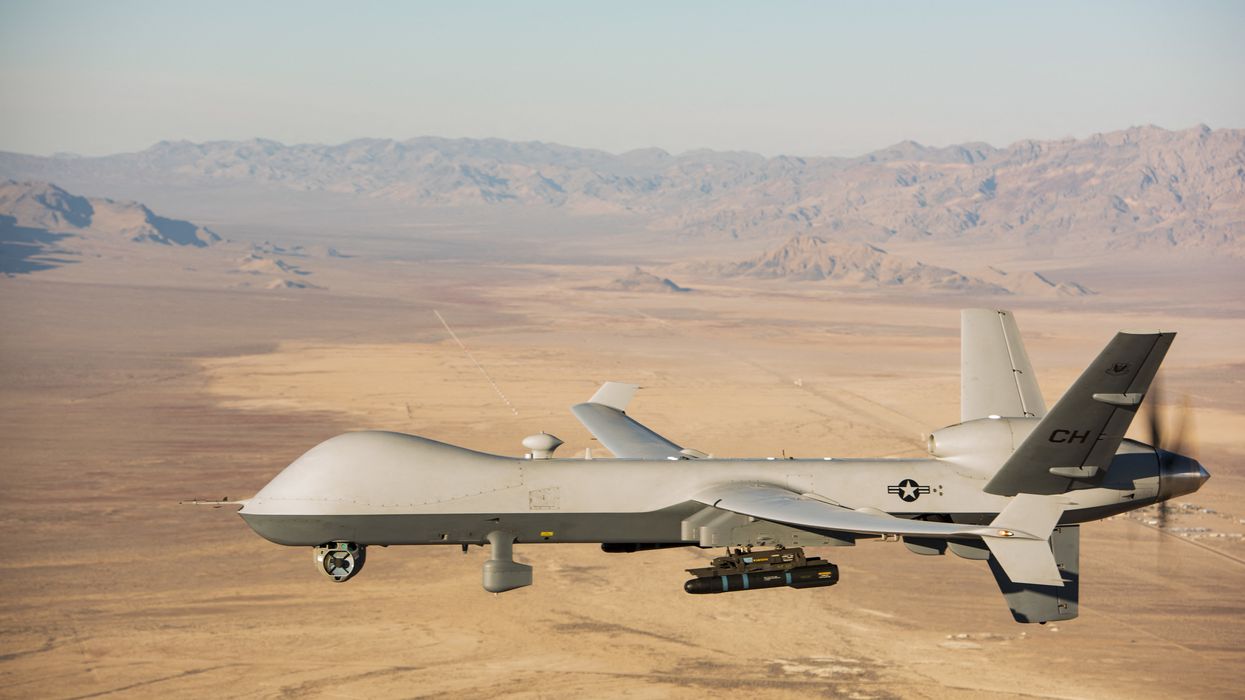What We're Watching
Trump to skip debate and star in town hall
Wednesday night is the final GOP debate before primary voting kicks off in Iowa on Friday. The pressure is on for Florida Gov. Ron DeSantis and former South Carolina Gov. Nikki Haley, who are hoping to put a dent in Trump’s resounding lead.
Jan 10, 2024
